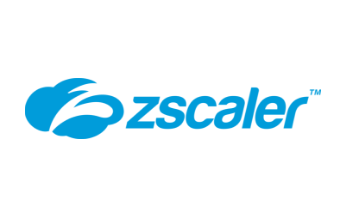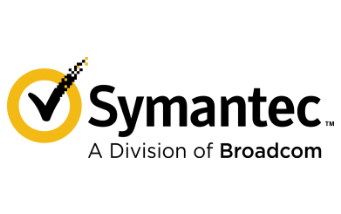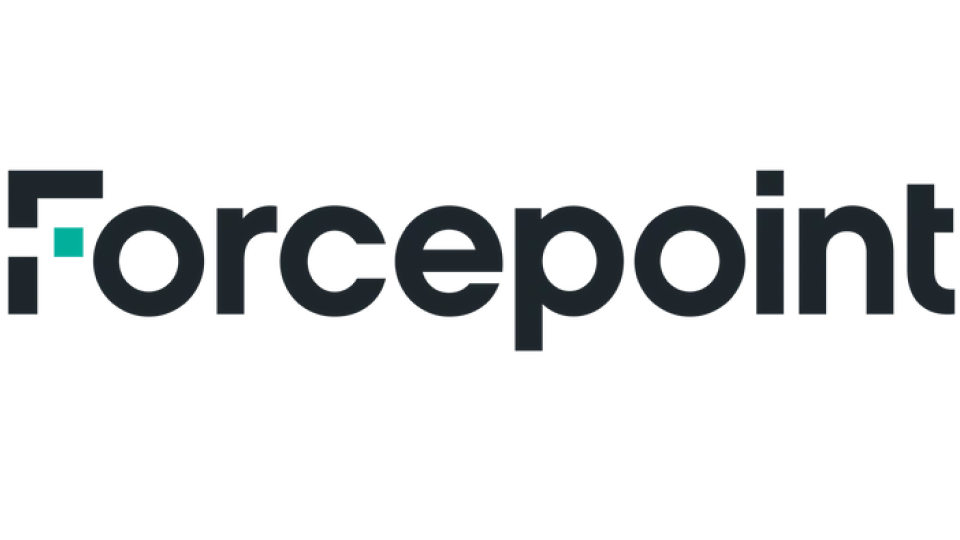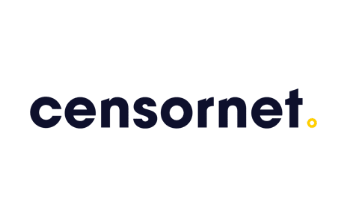FAQs
What is Cloud Web Filtering?
Cloud Web Filtering solutions protect internet connected devices from harmful web content. They filter harmful, inappropriate and malicious websites so that internet users cannot access them, and help to prevent online viruses and malware from being downloaded to endpoint devices. Web Filtering platforms will scan for malicious website code, filter harmful URLs, such as phishing pages, and provide data loss prevention.
Web Filtering solutions can be used to ensure employees are not accessing harmful or inappropriate materials online. The solutions listed in this article enable admins to configure policies which govern which websites people can access, usually based on pre-set categories, or specific domains. This stops people from being able to access gambling sites or adult content on corporate devices and networks. This is important for security reasons as well as enforcing corporate policies, as these sites are commonly used to spread malware.
As well as security and website filtering, these platforms give admins real time visibility as well as a range of reports and analytics into online risks, whether users are in the office, or working from corporate devices at home. Being hosted in the cloud, these platforms offer always on security, with low cost deployment options.
How Does Cloud-Based Web Filtering Work?
Web filtering solutions protect users against web-based malware, preventing users from visiting harmful web pages, and blocking downloads of malicious web content. Cloud-based web filtering solutions are cloud-hosted technologies, meaning there is no physical device needed to install the service for your users. These services are often priced using a per-user, SaaS model for the SMB the space, but enterprise solutions are increasingly being packaged into SASE (Secure Access Service Edge) solutions, along with other networks security tools such as CASB, firewalls, and Zero Trust Network Access (ZTNA).
A cloud web filtering solution can be deployed at the network or endpoint level. These tools enable admins to create filters and policies governing what web content users have access to – including the creation of allow/deny lists for particular web pages or domains, or categories of web pages, such as adult content. They will also automatically restrict access to known malicious web pages.
Many modern web filters use smart filters – powered by machine learning algorithms – which can dynamically filter content to help block users from accessing phishing websites that appear safe and genuine but are actually fraudulent pages.
These solutions offer granular controls for network admins. They are able to configure which domains are blocked and allowed, including specific URLs if required, for different users and groups. They also provide comprehensive reporting to monitor internet usage.
What Is A Proxy Cloud?
A cloud proxy is a cloud-based service that is deployed between your network, and a web application, SaaS service, or data center. It protects the client against malicious web content which may try and enter the corporate or endpoint devices, ensuring secure web access to end users with minimal latency. Cloud proxies act as a barrier between your network, while secure web gateway solutions act as a barrier for malicious internet traffic and harmful malware.











